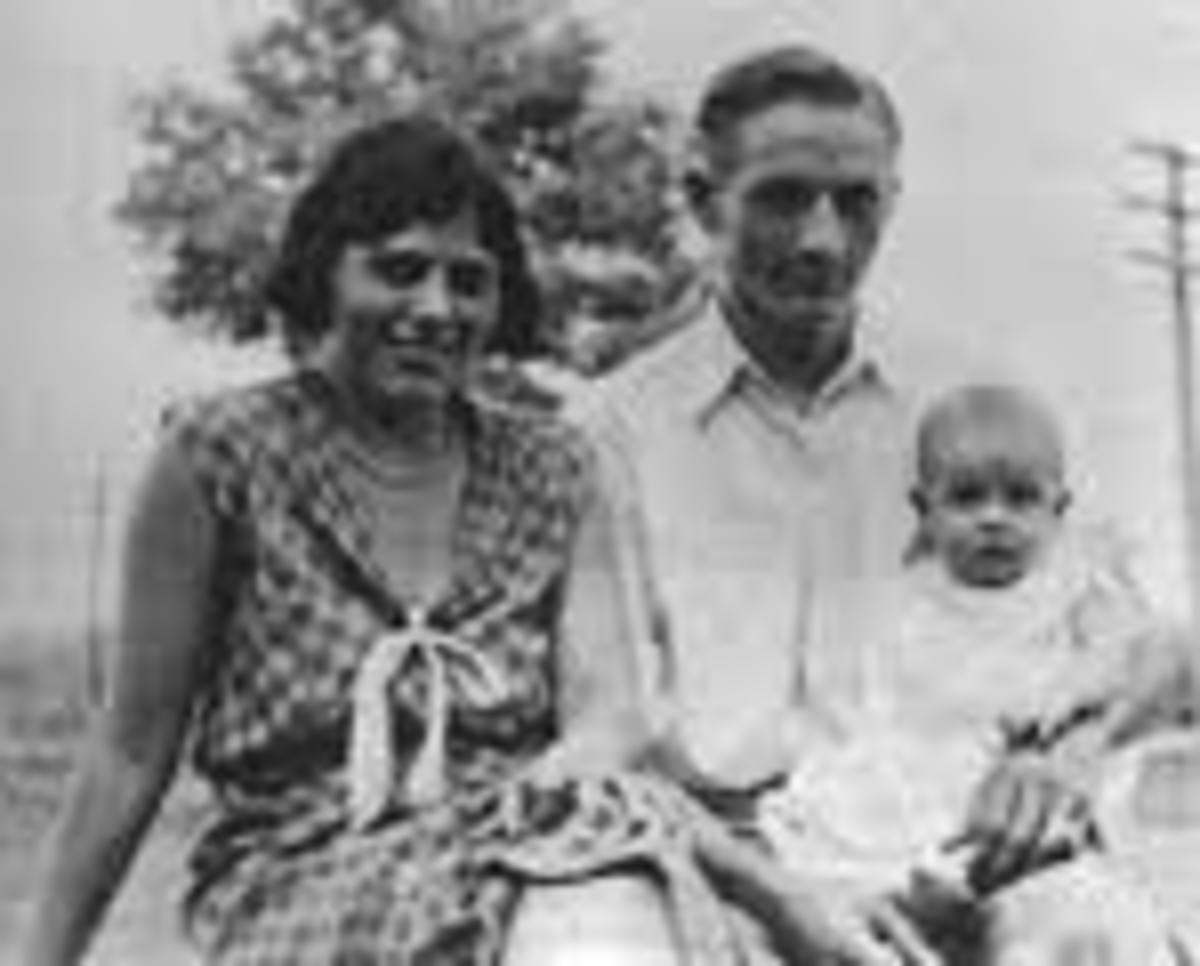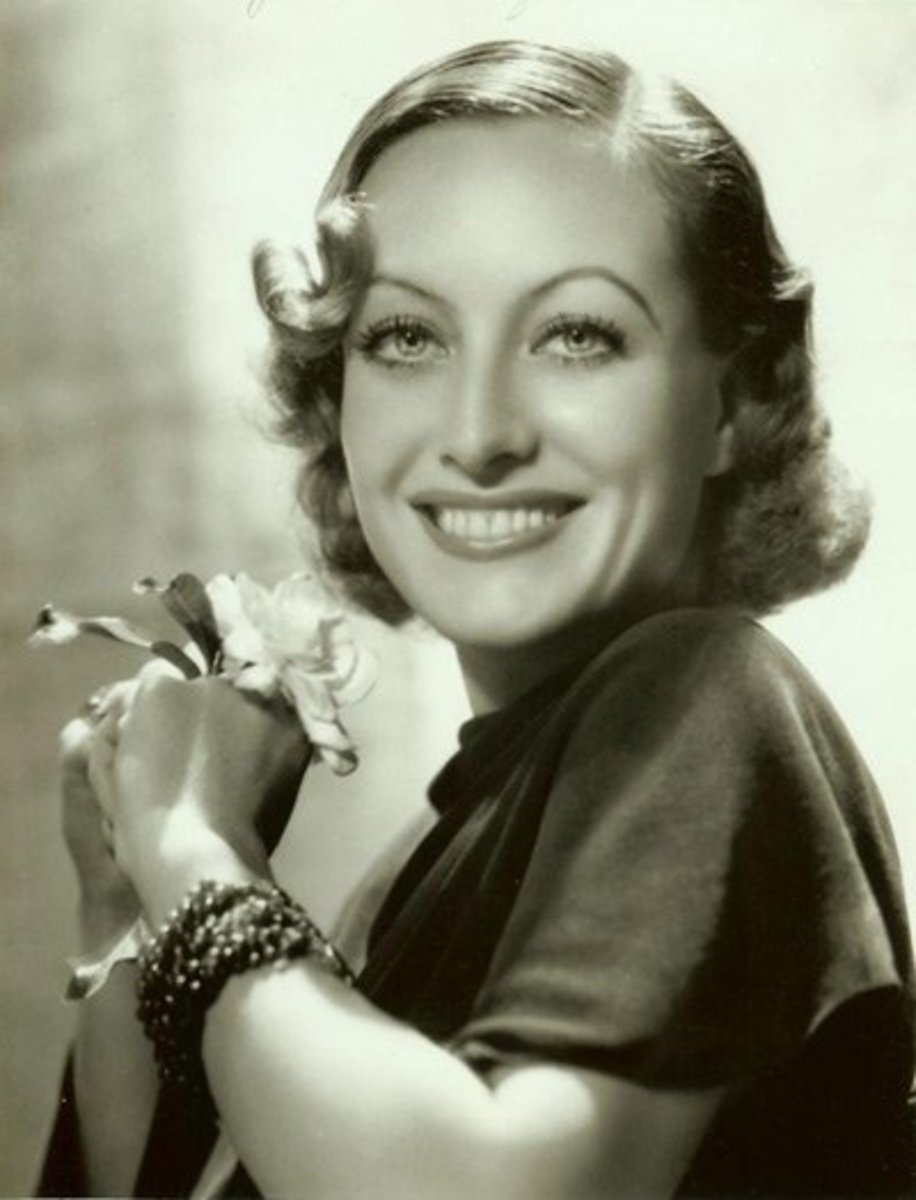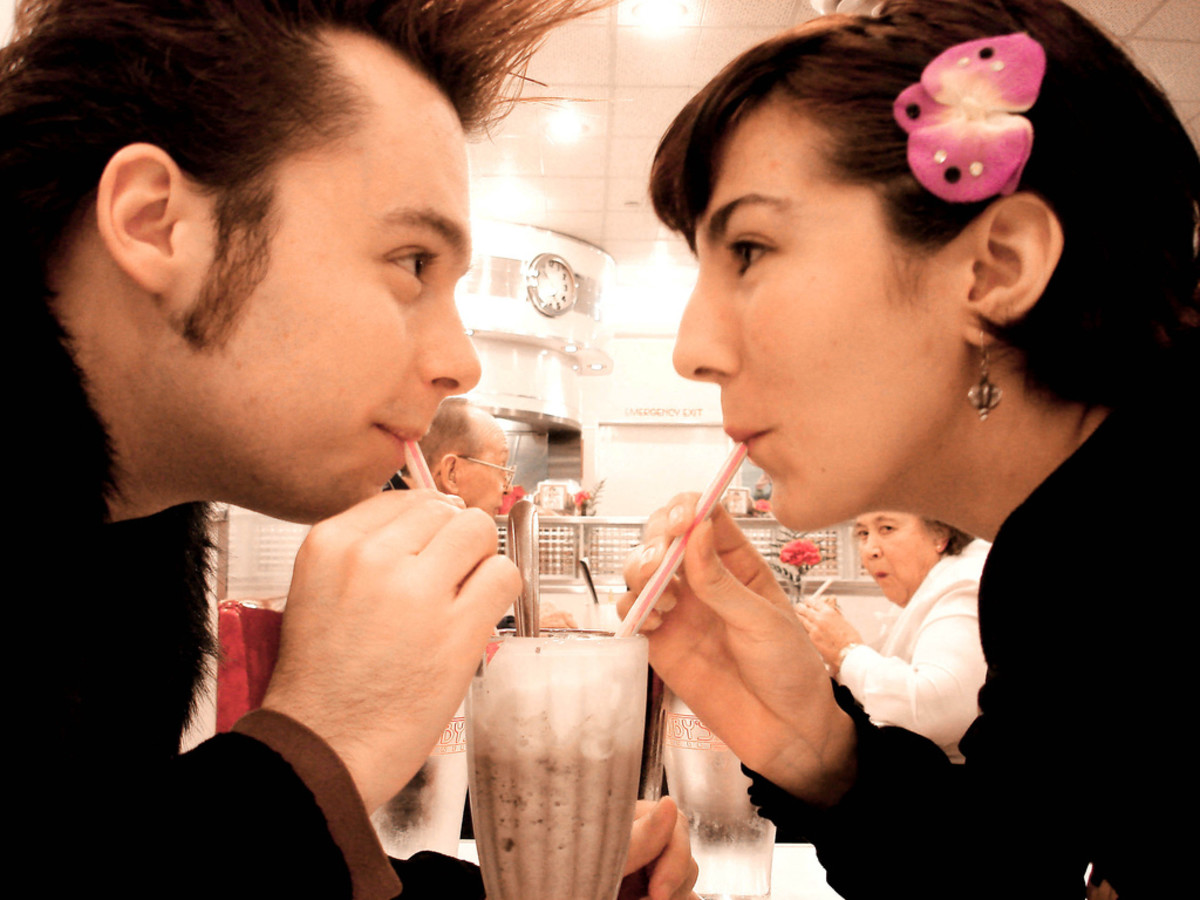James Stewart
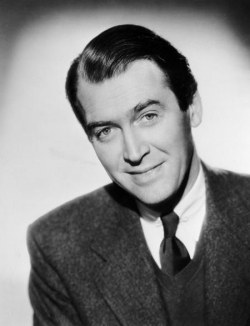
James Stewart
James Stewart became one of the most successful stars Hollywood has ever seen. He was the Mr. Nice Guy with a modest demeanour who starred in many films widely considered classics and he was nominated for five Oscars, winning one in competition and one life achievement.
He was named the third Greatest Male Star of All Time by the American Film Institute and became, in the words of Andrew Sarris, "the most complete actor-personality in the American cinema".
He also distinguished himself during the Second World War, rising to the rank of Brigadier General in the United States Air Force.
Early Days
James Maitland Stewart was born May 20, 1908 in Indiana, PA, USA, the son of the local hardware store owner. Jimmy and his two younger sisters, Mary and Virginia, were taught the value of responsibility, prudence and frugality. When not doing chores, the spindly, spectacled youth wrote and staged plays and his acting debut was in a boy scout play. He then appeared on stage with a local magician - Jimmy's job was to fill any awkward pauses by playing the accordion.
After a hometown elementary education, he went on to Mercersburg (PA) Academy, where he played baseball and football, excelled in track, became interested in aviation and radio engineering, sang in the glee club, played accordion, and, during summers, poured concrete with a road gang and hauled brick for a construction company.
It was at Princeton University--where he was studying toward a B.S. degree in architecture, which he received in 1932--that Stewart became interested in performing. He became involved in the university's Triangle Club shows though Josh Logan, later a famed Broadway director, who was a year ahead of him. Logan was instrumental in forming the University Players in Falmouth, MA, and following Stewart's graduation from college, Logan invited him to join the company for the summer. After performing in bit parts in the Players' productions during summer 1932, he moved to New York City in the fall, where he shared an apartment with Logan and also rising actor, Henry Fonda. In November, he was cast in his first major stage production as a chauffeur in the Broadway comedy Goodbye Again, in which he had two lines. The play was a moderate success and brought more substantial stage roles for Stewart, including the 1934 hit, Page Miss Glory.
Click Here for the best of Classic Hollywood
Early Acting Career
Stewart won his first major role on Broadway in 1934, as a gallant soldier-guinea pig in "Yellow Jack," Sidney Howard's drama about research on yellow fever, and then played a youth stunned by the adultery of his mother (Judith Anderson) in "Divided by Three." The New York Times acclaimed the young actor's performance as "a minor masterpiece."
On the recommendation of Hedda Hopper, MGM scheduled a screen test, and in 1935 Stewart was signed to a long-term contract but at first, he had trouble breaking into the big time due to his gangly looks and shy, humble screen presence. His first film was the poorly received Spencer Tracy vehicle, The Murder Man, but Rose-Marie, an adaptation of a popular operetta, was more successful. After mixed success in films, he received his first substantial part in 1936's After the Thin Man, playing a psychotic killer. Stewart found his footing in Hollywood thanks largely to ex-University Player Margaret Sullavan, who campaigned for Stewart to be her leading man in the 1936 romantic comedy Next Time We Love.
You Can't Take It with You (1938)
Stewart's intelligent, deceptively casual acting in two dozen movies over the next few years earned him stardom. Among these early films, mostly comedies and romantic dramas, were "Wife vs. Secretary," "Born to Dance" (in which he struggled gamely to sing Cole Porter's "Easy to Love" to Eleanor Powell), "Navy Blue and Gold," "Vivacious Lady," "The Shopworn Angel," "You Can't Take It With You," "Made for Each Other" and "No Time for Comedy."
Mr Smith Goes to Washington helped cement
his image as the decent, honest Everyman,
and won him his first Oscar nomination.
The French honor Colonel James
Stewart after World War Two.
In 1944, he twice received the Distinguished Flying Cross for actions in combat and was awarded the Croix de Guerre. He also received the Air Medal with three oak leaf clusters. Before the war ended, he was promoted to Colonel, one of only a few Americans to rise from private to colonel in four years.
Jimmy Stewart continued to play an active role in the United States Air Force Reserve after the war, achieving the rank of Brigadier General on July 23, 1959.
He retired in 1968, the highest ranking entertainer in the US military.
Later Career
Returning from war in late 1945, Stewart insisted that his military exploits not be publicized. He avoided studio contracts and freelanced, earning increasingly high salaries and becoming a pioneer of the percentage deal, under which he reportedly received up to half the profits of his movies.
On screen, he shook off his country-boy manner and found a harder edge. He assumed a new persona, a complex, sometimes cryptic image that was shaped in collaborations in the 1950s and '60s with directors like Hitchcock, Mann and John Ford.
The actor played a cold bounty hunter in Mann's "Naked Spur" (1953), a dedicated reporter in "Call Northside 777" (1948), a clown wanted for murder in "The Greatest Show on Earth" (1952), the photographer turned sleuth in Hitchcock's "Rear Window" (1954), the obsessive romantic in Hitchcock's "Vertigo" (1958) and a cynical marshal in Ford's "Two Rode Together" (1961).
While he partially retired from acting
in the 1970s, James Stewart still
occasionally appeared in films, including
his role as a millionaire
philanthropist in AIRPORT 1977
By the early '70s, he announced his semi-retirement from movies, but still occasionally resurfaced in pictures like the 1976 John Wayne vehicle The Shootist and 1978's The Big Sleep.
In his later years Stewart became a familiar figure on Johnny Carson's The Tonight Show, reading his own poetry.
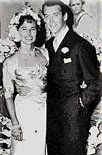
Personal Life
Following the war, Jimmy purchased a home in Hollywood. In 1949, tinsel town's most eligible bachelor met Gloria Hatrick McLean, a former model. She was ten years his junior, and they were seated next to each other at a party at Gary Cooper's house. Soon they were dating, playing golf together, and making interesting copy for Hollywood newspapers. A wedding in Brentwood Presbyterian Church followed the next year. They lived for decades in the Tudor-style house in Beverly Hills, at first with two boys, Ronald and Michael, from Mrs. Stewart's previous marriage, and then with their own twin girls, who were born in 1951.
1st Lieut. Ronald W. McLean was killed in Vietnam in 1969. Mrs. Stewart died in 1994. Stewart is survived by his other stepson, Michael, of Phoenix, and his daughters, Judy Merrill of San Francisco and Kelly Harcourt of Davis, Calif.
Stewart died at the age of 89 on July 2, 1997 from a pulmonary embolism following respiratory problems.
He is interred in Forest Lawn Memorial Park Cemetery in Glendale, California.
Trivia
James has a star on Hollywood Boulevard (Vine street).
It's located one north of Hollywood Boulevard.
James has his handprints set in cement on Hollywood Boulevard (Hollywood, USA, in the forecourt of Grauman's Chinese Theater).Source / More (Web)
When Stewart won the Best Actor Oscar in 1941, (The Philadelphia story) he sent it to his father in Indiana (USA), who set it in his hardware shop. The trophy remained there for 25 years.
For years James acted as J. Edgar Hoover's (director of the FBI, 1924 - 1972) informant, filing reports on the criminals and communists he saw infesting Hollywood. When Henry Fonda discovered Stewart had been a Hoover informer, Fonda refused to talk to him for years.Source / More (Book)
James was wary and suspicious of black Americans.The black actor Woody Strode, who appeared with him in the western The man who shot Liberty Valance, accused him of racism.Source / More (Book)
In his youth, Stewart shared a Mexican-style farmhouse with actor Henry Fonda. They unwittingly fuelled the gossip about a homosexual liaison in Hollywood.Source / More (Book)
Actress Marlene Dietrich once became pregnant by Stewart and underwent an abortion at his insistence. Had details of the abortion ever become public at the time, both stars' careers would have been irreparably damaged.Source / More (Book)
James was very interested in starring in North by northwest, begging director Alfred Hitchcock to let him play Thornhill. Hitchcock claimed that Vertigo (1958)'s lack of financial success was because Stewart looked too old.
Summary
James Stewart was the movies' quintessential Everyman, a uniquely all-American performer who parlayed his easygoing persona into one of the most successful and enduring careers in film history. On paper, he was anything but the typical Hollywood star: Gawky and tentative, with a pronounced stammer and a folksy "aw-shucks" charm, he lacked the dashing sophistication and swashbuckling
Stewart's long career was certainly one of Hollywood's most rewarding, and the actor's occasional interviews and television appearances only strengthened the warm regard in which he was held. With the continuing popularity of many of his best films, he remains a much-loved and much-admired figure in American cinema.



